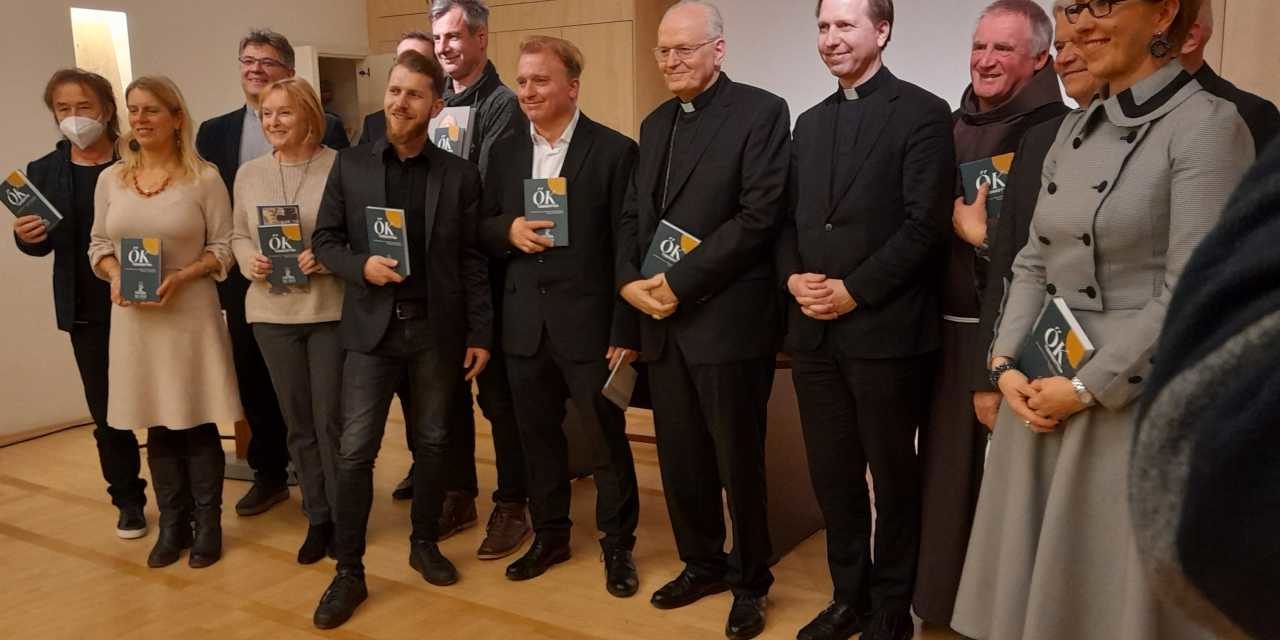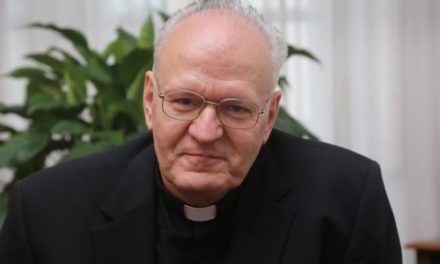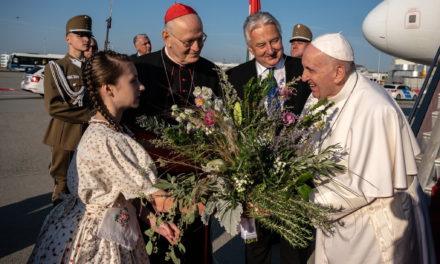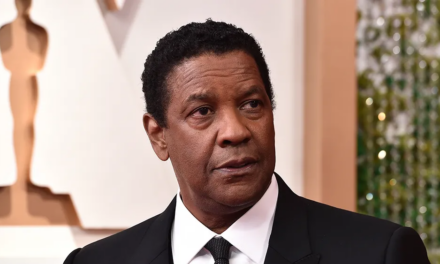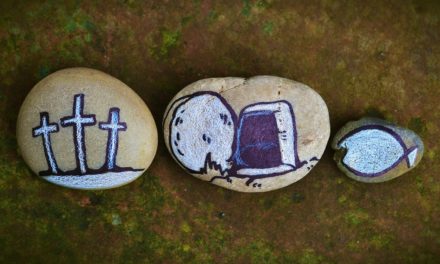Every significant event has an afterlife. This is especially valid for a high-impact world event, the uplifting, beautiful moments of which both those who were a part of it and those who could only follow it from afar want to experience. This opportunity is offered by the 350-page album illustrated with color photos called The Encounter, the commemorative book of the 52nd International Eucharistic Congress. In addition, the book of interviews entitled Úk Tizenketten - Conversations with NEK newsmen was also published. The presentation of the two publications was attended by Cardinal Péter Erdő, Primate, Archbishop of Esztergom-Budapest, and the heralds of the world event also appeared.
Cardinal Péter Erdő, one of the protagonists of the fun-filled book presentation, which was accompanied by great press interest, spoke first about the book The Twelve, about how in today's Europe, but also in Hungary, it takes courage for a recognized person in his profession: an artist or a scientist, to stand up and confess his faith. However, they agreed to be the heralds of the congress, which was postponed for a year due to the epidemic. First, with the help of the media, and then, when possible, tell people in personal meetings what the Eucharistic Congress can mean for them.
The twelve heralds: musician Gergő Baricz, Franciscan monk Csaba Böjte, neurosurgeon András Csókay, actor Attila Dolhai, actor Anna Kubik, poet-translator János Lackfi, folk singer-artist Mária Petrás, actor Csaba Pindroch, musician Sena Dagadu, folk musician Ágnes Szalóki, Szikora Musician Róbert and physicist and climate researcher Diána Ürge-Vorsatz.
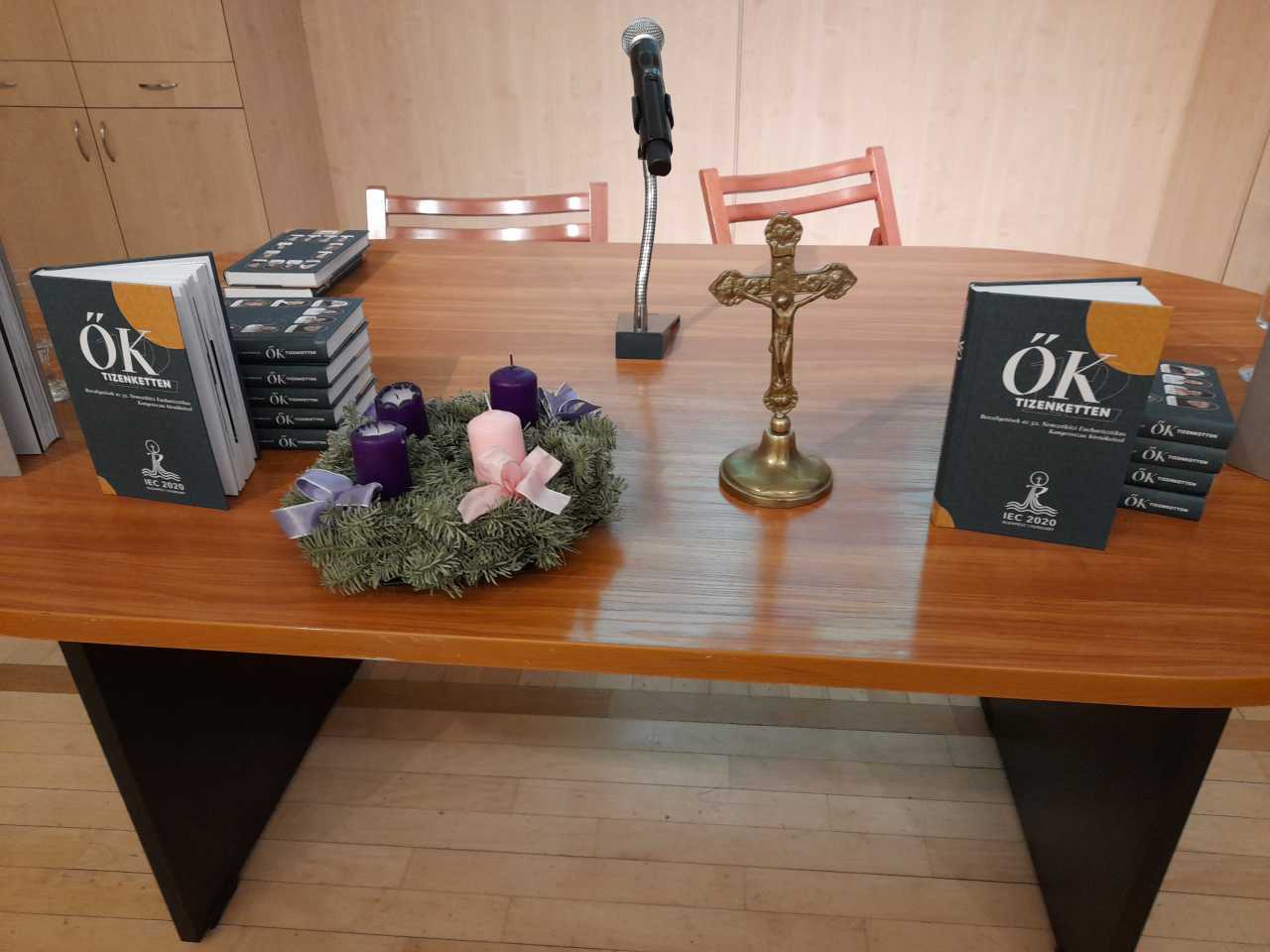
Source: aelvidek.ma
They - as the writer Zsuffa Tünde, press chief of NEK emphasized - took the trouble, traveled thousands of kilometers in the country, even crossed the border, and really inspired their audience without accepting a penny as volunteers. In the days before the congress, deacon István Kuzmányi, the editor-in-chief of Magyar Kurír and Új Ember, talked to the messengers and asked them about their lives, their work, their service, their families - what brings them joy and difficulty.
Cardinal Péter Erdő heartily recommended the book edited from the material of these interviews and the photographs of their meetings as reading material and as a Christmas present, as well as the NEK's memorial book: The Meeting. As Father Kornél Fábry, the general secretary of the NEK and one of the book's editors, said, the interest in the latter is so great that hundreds of pre-orders have already been sent to the publisher and the bookstores that undertake distribution.
Regarding the memorial book, the idea was to follow the structure of a similar publication of the 1938 World Eucharistic Congress. However, the difference between the two period documents is significant. Not only because, compared to the red velvet binding of the time, the cover is now simple and modern, or because black-and-white photos were taken in 1938, now they are in color, and the current memorial book is thicker.
It is more interesting, as Cardinal Péter Erdő pointed out, that the pictures from 1938 capture a very disciplined, military event, while the current recordings are full of personality.
The pictures also show that Pope Francis liked the immediacy, which the Hungarian head of church himself experienced. Wherever the open car went, the spontaneous shouts of welcome were welcomed by the Pope.
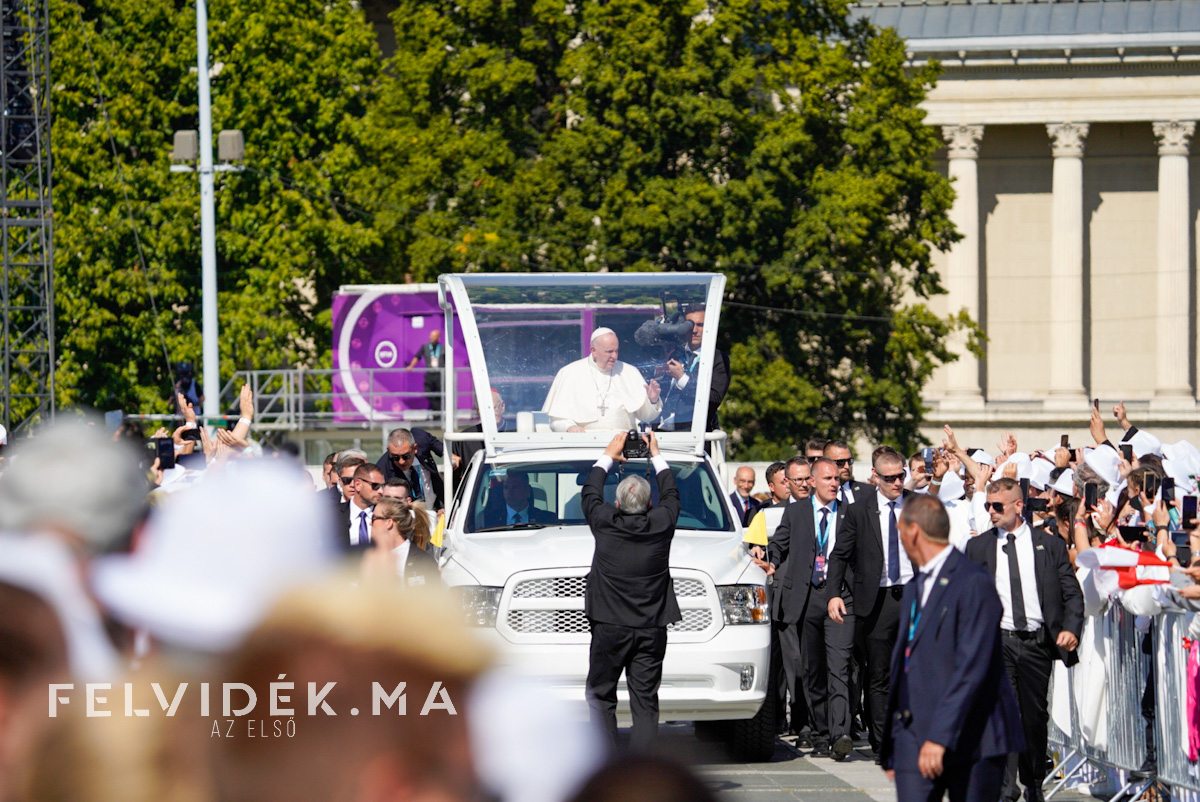
Source. I will bring you today
The cardinal also highlighted the role of aesthetics, jokingly referring to the success of white hats that protect against the hot sun, or background elements such as the wine of the congress or the cake called "a bite of heaven". Of course, he considered the most important thing was that, compared to the 1938 congress, it was more global, the world was given more space: they could give special emphasis to Africa and the persecuted Christianity of the Middle East. The meeting with the bishops of 83 countries was not an initiative, but an army review of working relationships. This is what the title The Encounter also refers to: the relationship between East and West.
Franciscan monk and herald Csaba Böjte said about the congress that Budapest had never shown such a beautiful face, that representatives of other denominations could celebrate with them, and that for him the NEK showed the operation of God in a tired world.
The English and Italian versions of the book, published for Christmas, are expected by Easter.
Source, full article and featured image: velvidek.ma

